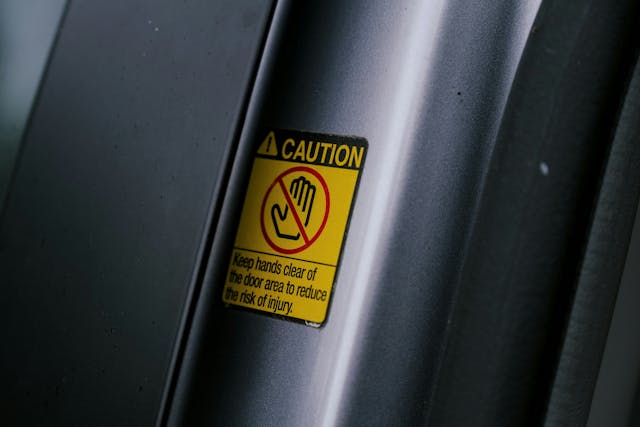Luxembourg is ahead of Europe on levels of 'everlasting chemicals' in water

Curated Lifestyle, Unsplash
So-called "perpetual chemicals" (PFAS) have become a real challenge for ecosystems and human health. These persistent organofluoride compounds are used everywhere in the home - from non-stick pans to water-repellent clothing and medicines. But they are almost non-degradable in nature and will penetrate drinking water. This makes PFASs hardly the most persistent pollutants of our era.
From 2026, the EU will introduce legal regulations: the total content of 20 key PFAS in drinking water must not exceed 100 nanograms per litre. In Luxembourg, these limits have already been in force since 2023. According to data from the Water Authority's laboratory, on average only 1.2 nanograms of PFAS per litre of water are detected in the country. That's about the same as seven grains of rice in an Olympic swimming pool. Unlike industrial hotspots in other countries, pollution levels here remain extremely low.
Of particular interest is TFA (trifluoroacetic acid), a small PFAS molecule that is almost indestructible. Its sources have not yet been identified, but environmentalists, including Claire Wolff of Mouvement Ecologique, believe that it appears in the Luxembourg countryside as a by-product of the breakdown of some fluorinated pesticides. Other countries have already banned such compounds because of possible health risks. Luxembourg has not yet imposed a legal limit for TFA, limiting it to a recommended maximum of 12,000 nanograms per litre. In reality, the average level is around 850 nanograms.
The SEBES water treatment plant in Eschdorf, which provides up to 70 per cent of the country's drinking water, uses ozonation and activated carbon to remove PFAS. But as SEBES director Georges Kraus points out, cleaning up TFA is a near-impossible task without switching to distillation systems. "We have to ban PFAS and TFA-based products. As long as they are used, pollution will continue," he says.
Amid global concern about the source of PFAS contamination in water, Mouvement Ecologique calls for the application of the precautionary principle: if chemicals are eternal - their release into nature must be stopped now, or it will soon be too late.




